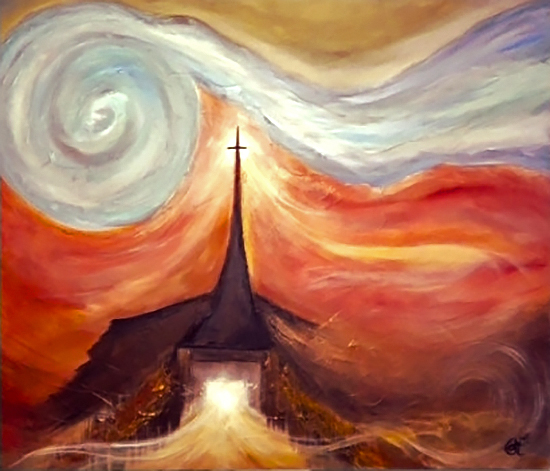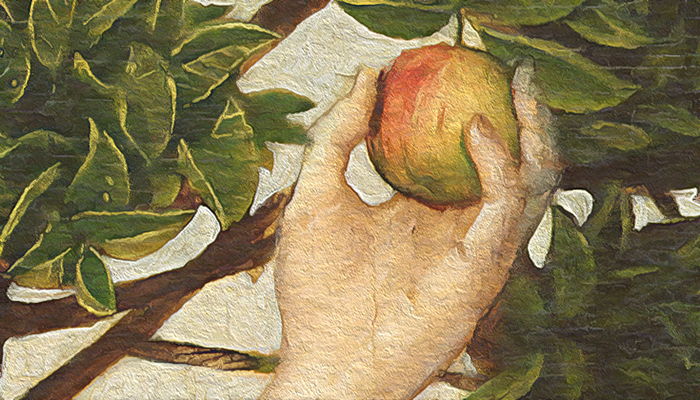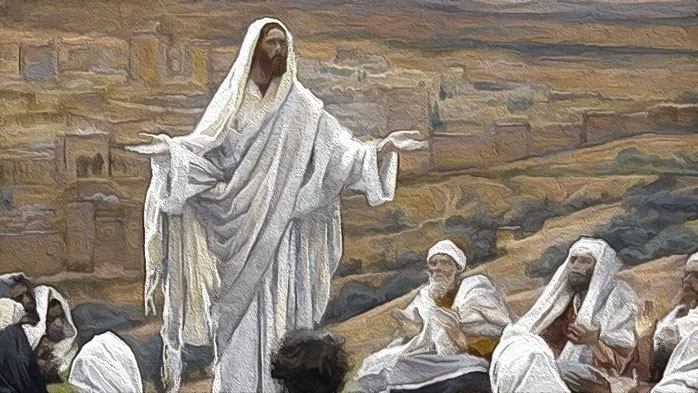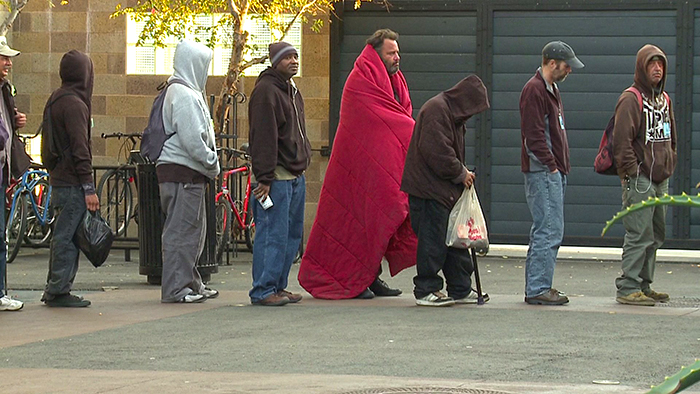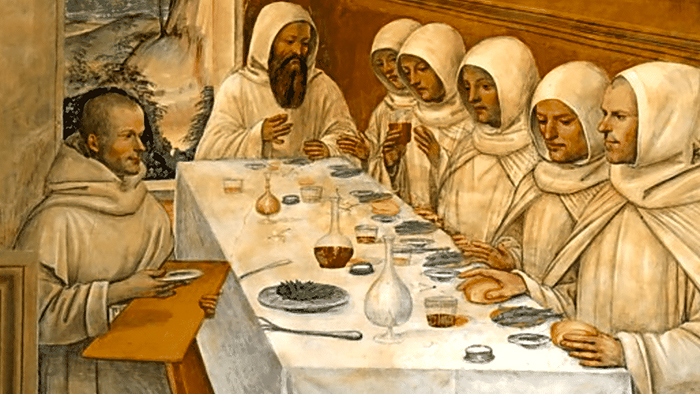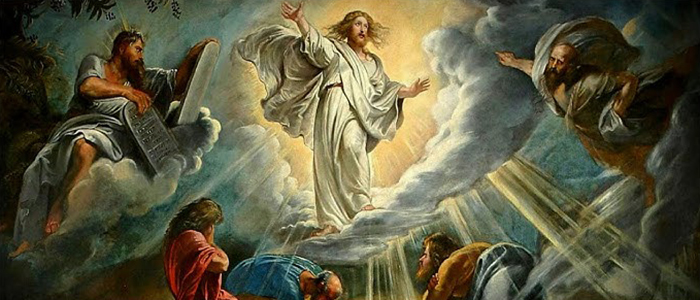
The Gospel from Luke this Sunday marks the day when Jesus took his inner circle — Peter, John and James — to a mountaintop, where he was transformed before their eyes. His clothes became dazzlingly white. He was accompanied by Moses and Elijah, and they were conversing about the days to come. The apostles were so awestruck they hardly knew what to say. Peter proposed that they build three booths there on the mountain, one for Jesus and the other two for his heavenly companions. At last an unmistakably divine voice proclaimed Jesus to be his Son: “This is my son, my chosen; listen to him!” In the early Church, the message of Jesus’ Transfiguration was seen as the last of the great milestones of our salvation. It brings completion, resolution and closure to the story. On Easter Jesus conquers death. On Pentecost he shares the Spirit. And with his Transfiguration he reveals a lasting and glorious dwelling for his people. These three moments correspond rather exactly to the three great feasts of the Jewish calendar: Passover, Pentecost and Sukkoth. The apostles see that Jesus is the fulfillment of the ancient law and the prophets. On the mountaintop, he is joined by Moses (the lawgiver) and Elijah (the prophet). And the three are speaking about Jesus’ “departure” — literally his exodus. Only much later would the apostles understand Jesus’ dying and rising as a prelude to his glorification, when he ascended to prepare a dwelling for them with his Father. That is the true end of the story, and it is the meaning of the feast, a day too little noticed in the lives of modern Christians. Yet this is our day, and we should celebrate in a big way. Why? Jesus has revealed something great to us. In these days of the Messiah we are invited to live with Jesus — in the company of Moses and Elijah and countless saints — in the everlasting “booth” of the Holy Spirit. It’s not just a long-ago moment we remember. It’s not just a day in the far-off future. It’s today.[1]
[1] Excerpt from Fr. Ron Rolheiser’s reflection, “Transfiguration: The feast of Jesus’ glory — and ours” August 2015.


